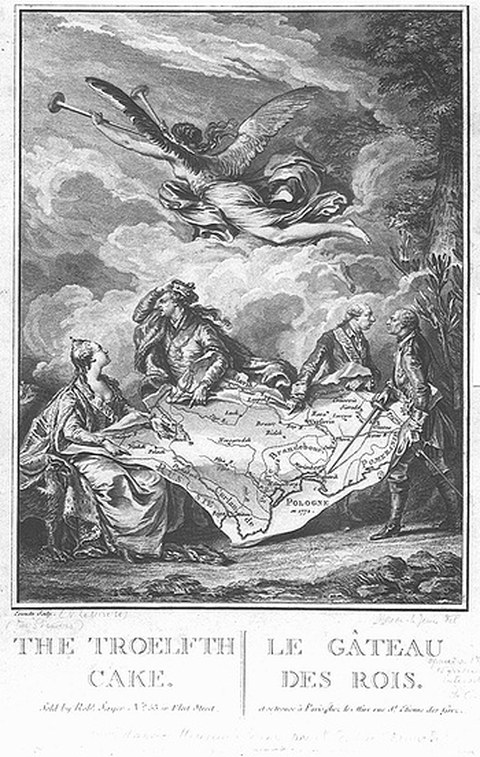Profile
At the Chair, we deal with the states, inhabitants and cultures of Central and Eastern Europe and their changes throughout history. We are interested in the empires of the Habsburgs, Romanovs and Hohenzollern in the 19th century, as well as in their "successor states" such as Czechoslovakia, Poland, the Baltic Republics and the Soviet Union in the "interwar period" and during the Second World War.
One focus of our research is on Germans and German-speaking people in the region and on the local and transregional interactions in which they were involved. For example, we would like to find out how German-Baltic nobles, Jewish entrepreneurs or German landowners perceived the economic changes and political upheavals and what opportunities arose for them. This not only contributes to a better understanding of the multi-ethnic world of Eastern Europe, but also helps to reconstruct the dynamics of modern nationalisms and the entanglements of German history with the history of Central and Eastern European societies.
Through its chair holder, the professorship is involved in the Centre for the Study of Central and Eastern Europe, a competence centre of the Faculty of Linguistics, Literature and Cultural Studies of the School of Humanities and Social Sciences at TU Dresden.

